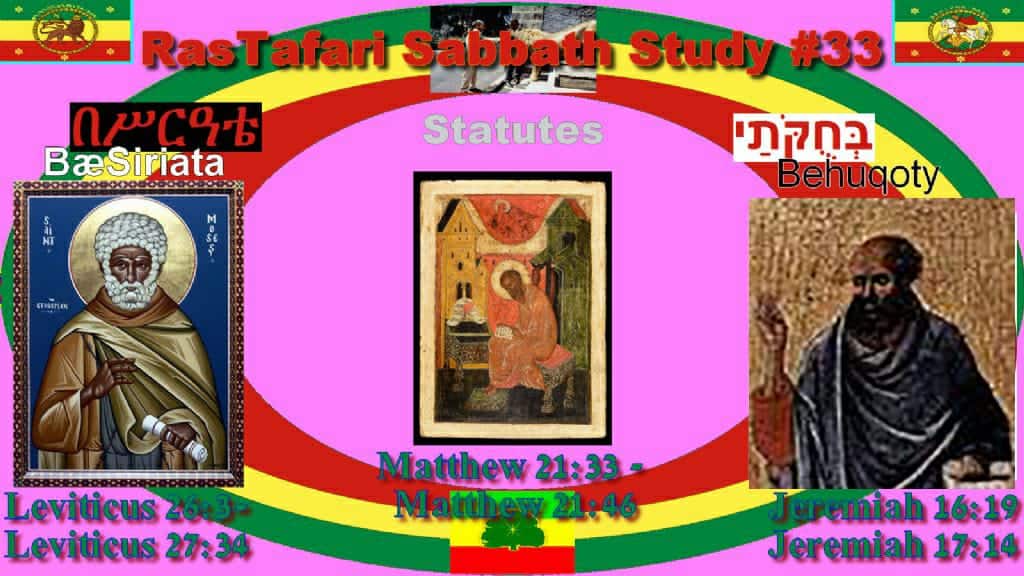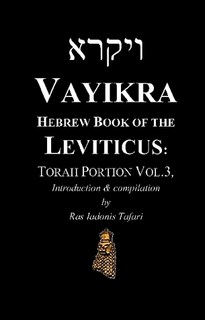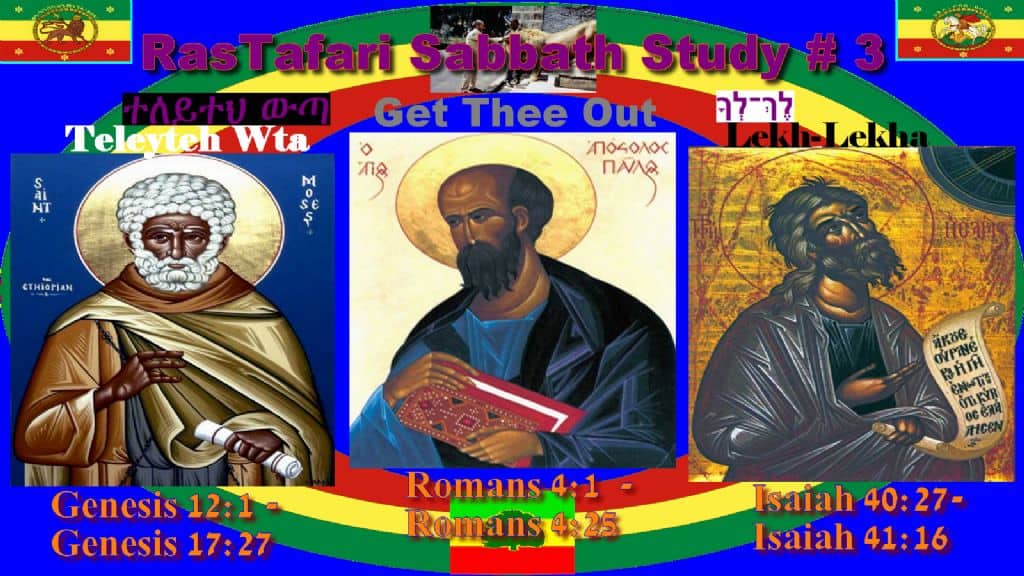This Week's Portion #33
Bechukotai | בחקותי | "In my statutes" በሥርዓቴ | beSh’r‘Atey [besrAtey]
*For a PDF version of All the Torah Portions Schedule, click here to download!
1. Torah Reading
2. Prophets Reading
Jeremiah 16:19-17:14
3. New Testament Reading
Matthew 21:33-46
Portion Outline - TORAH
Portion Outline - PROPHETS
- Jeremiah 16:14 | God Will Restore Israel
- Jeremiah 17:1 | Judah's Sin and Punishment
- Jeremiah 17:14 | Jeremiah Prays for Vindication
- Jeremiah 17:19 | Hallow the Sabbath Day
Portion Study Book Download & Summary
VAYIKRA Hebrew Book of Leviticus - Torah Portion Vol.3 (FREE PDF)
Bechukotai The last reading from the book of Leviticus is called Bechukotai (בחקותי), which means “In My Statutes.” The name comes from the first verse of the reading, which begins with the words “If you walk in My statutes ...” (Leviticus 26:3). This last reading from Leviticus promises blessings and rewards for Israel if they will keep the Torah, but punishment and curses if they break the commandments of the Torah. The last chapter discusses laws pertaining to vows, valuations and tithes. In most years, synagogues read Bechukotai together with the preceding portion, Behar.
Portion Commentary - Bechukotai
Study to Learn; Learn to Do
Thought for the Week:
In Torah the distinctions between physical and spiritual are not so clear. The whole physical world is spiritual because God created it. The physical world was created out of the spiritual, and the spiritual is inherently present in all physical form and action. Therefore, in Torah thought, it is a false dichotomy to separate the physical from the spiritual.
Commentary:
If you walk in My statutes and keep My commandments so as to carry them out ... (Leviticus 26:3)
This week's Torah portion begins by saying, "If you walk in My statutes and keep My commandments so as to carry them out ... " (Leviticus 26:3). Isn't that a bit redundant? What is the difference between (1) walking in the statutes, (2) keeping the commandments and (3) carrying them out? In his classic commentaries on the Torah, Rashi wondered about this too and proposed a solution. He suggested that "walking in the statutes" refers to intensive study of the Torah. "Keeping the commandments" refers to learning how the commandments of Torah are properly kept. "Carrying them out" refers to actually doing what the commandments say to do. In other words, we should study Torah for the purpose of learning it, and we should learn it for the purpose of doing it.
This approach to Torah may seem obvious. It isn't. Sometimes we study the Bible simply for the sake of learning the Scriptures, but we never get around to doing what the Bible tells us to do. We often hear the Word of God and learn its message but fail to put it into practice. This is especially true in regard to the laws of Torah. In some Christian schools of thought, the laws of Torah are believed to have spiritual meanings instead of literal meanings. That suggests that the laws of Torah were never meant to be kept; they were only meant to be understood as spiritual lessons. Early church writings spoke about the spiritual meanings of the Torah's commandments while discouraging people from actually practicing the Torah. That kind of thinking resulted from the influence of philosophical thought in the early church. In the philosophical worldview, the acquisition of knowledge is a worthy goal in and of itself.
In Jewish thought, the purpose for studying is more than simply the acquisition of knowledge. Knowledge and learning are regarded only as means for better serving God. Therefore, in Jewish thought, we study to learn and we learn to do.



![Bechukotai | בחקותי | "In my statutes" በሥርዓቴ | beSh’r‘Atey [besrAtey] Bechukotai | בחקותי | "In my statutes" በሥርዓቴ | beSh’r‘Atey [besrAtey]](https://lojs.org/wp-content/uploads/2019/05/rss-33.jpg)
![Bechukotai | בחקותי | "In my statutes" በሥርዓቴ | beSh’r‘Atey [besrAtey] Bechukotai | בחקותי | "In my statutes" በሥርዓቴ | beSh’r‘Atey [besrAtey]](https://lojs.org/wp-content/uploads/2019/05/rss-33_1.jpg)
![Bechukotai | בחקותי | "In my statutes" በሥርዓቴ | beSh’r‘Atey [besrAtey] Bechukotai | בחקותי | "In my statutes" በሥርዓቴ | beSh’r‘Atey [besrAtey]](https://lojs.org/wp-content/uploads/2019/05/rss-33_2-600x400.jpg)







































































































